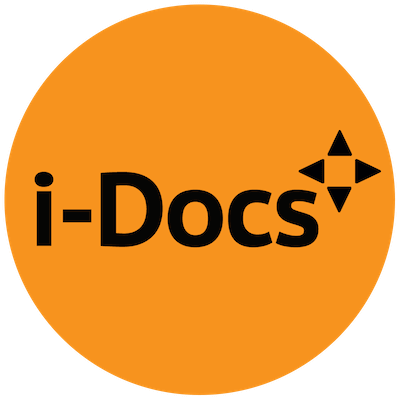Exercising Radical Democracy: The Crisis of Representation and Interactive Documentary as an Agent of Change
The utopian promise of the digital era and the seemingly open, democratic power of the Internet have raised the hopes of activists and documentarians alike. The immediacy, reciprocity and accessibility of the emergent communication technologies appeared to be particularly suitable for media projects that aspire to mobilise for action, engage communities, and challenge the existing power structures in order to have direct influence on policy making. Over the last ten years, a whole new crop of documentary projects involving new modalities and unorthodox ways of knowledge production came into existence. Interestingly, the rise of this particular form coincided with the global economic crisis and a number of social and political upheavals of epochal proportions. Documentary representation, like all other forms of cultural expression, was not immune to those shifts. This article looks at the ensuing crisis of representation as linked to contemporary documentary practice, and examines some of the ways the new, web-based forms of documentary use polyvocality to engage their audience, build communities, and mobilise in struggles for social change. It features several examples and draws on the existing documentary theory, as well as the implicit, yet rarely invoked, links to the so-called “relational art”.
Husak, A. (2018) “Exercising Radical Democracy: The Crisis of Representation and Interactive Documentary as an Agent of Change”. In: Alphaville: Journal of Film and Screen Media Issue 15, Pp. 16—32, DOI https://doi.org/10.33178/alpha
Categories: Journal Article
Tags: activism / polyvocality / representation / Social change
